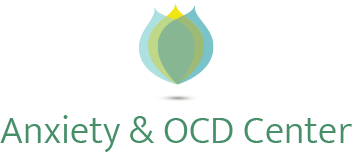Hoarding is a form of OCD. People who hoard compulsively acquire and resist discarding possessions or information, even when those possessions create negative consequences for the client and their family members. Commonly hoarded items include mail, magazines, newspapers, household items, clothing, paper and plastic bags, sentimental objects, food, furniture, tools, and appliances. Symptoms of hoarding include:
- anxiety when confronted with discarding possessions or information
- fearing that one will need possessions in the future
- feeling sentimentally attached to possessions
- needing to be complete or perfect with collections of possessions or thoughts
- owning multiples of the same item
- difficulty making decisions, particularly decisions related to discarding possessions
- disorganization
- checking to be sure that one didn’t lose or accidentally discard an item
- suspicion that others might discard one’s possessions
- depression, shame and withdraw from family and friends
- hoarding results in impairment: emotional, physical, social, financial, or legal
- Hoarding also causes anger, resentment, and depression among family members, and it can affect the social development of children. Unlivable conditions may lead to separation or divorce, eviction, and even loss of child custody. Hoarding may lead to serious financial problems.
- A lack of functional living space is common among hoarders, who may also live in unhealthy or dangerous conditions. Hoarders often live with broken appliances and without heat or other necessary comforts. They cope with malfunctioning systems rather than allow a qualified person into their home to fix a problem.

